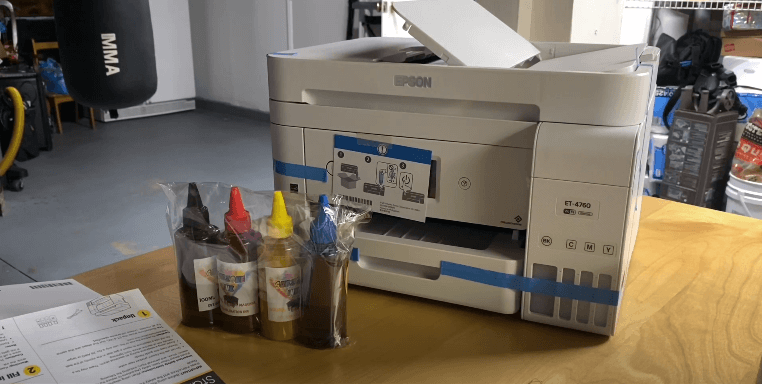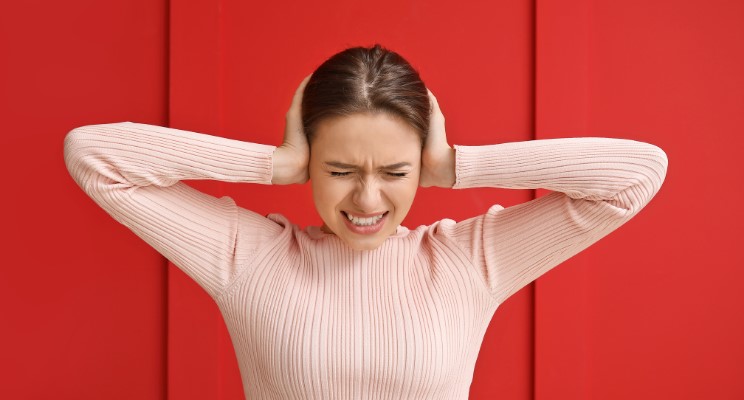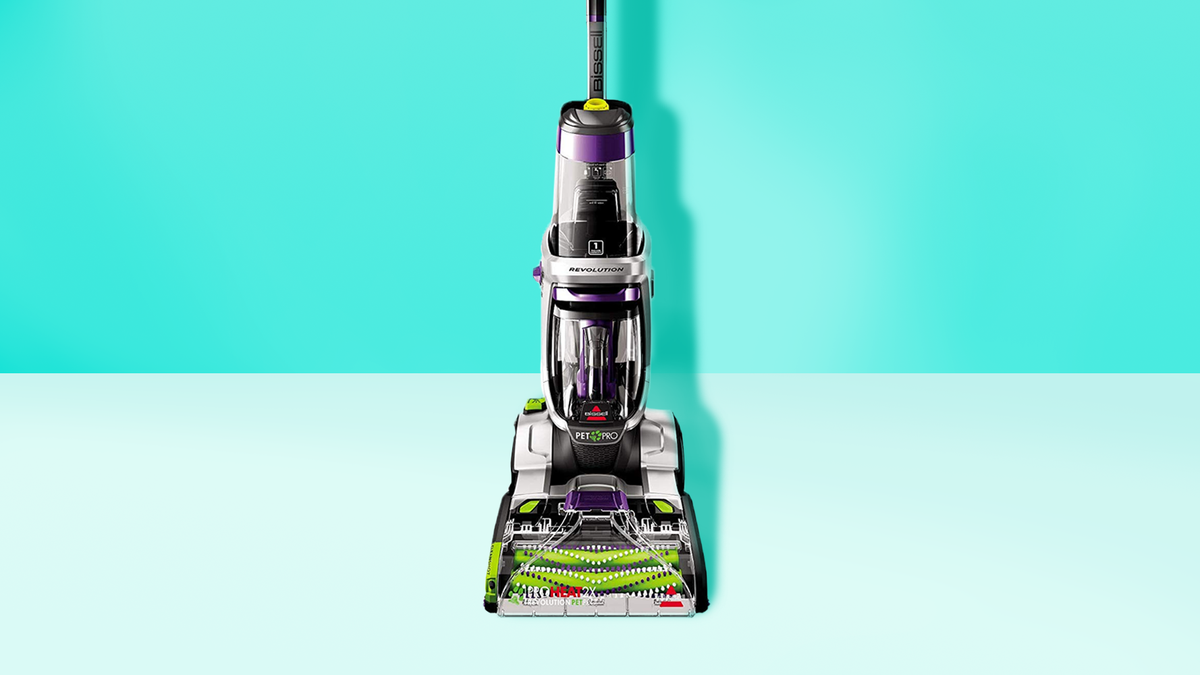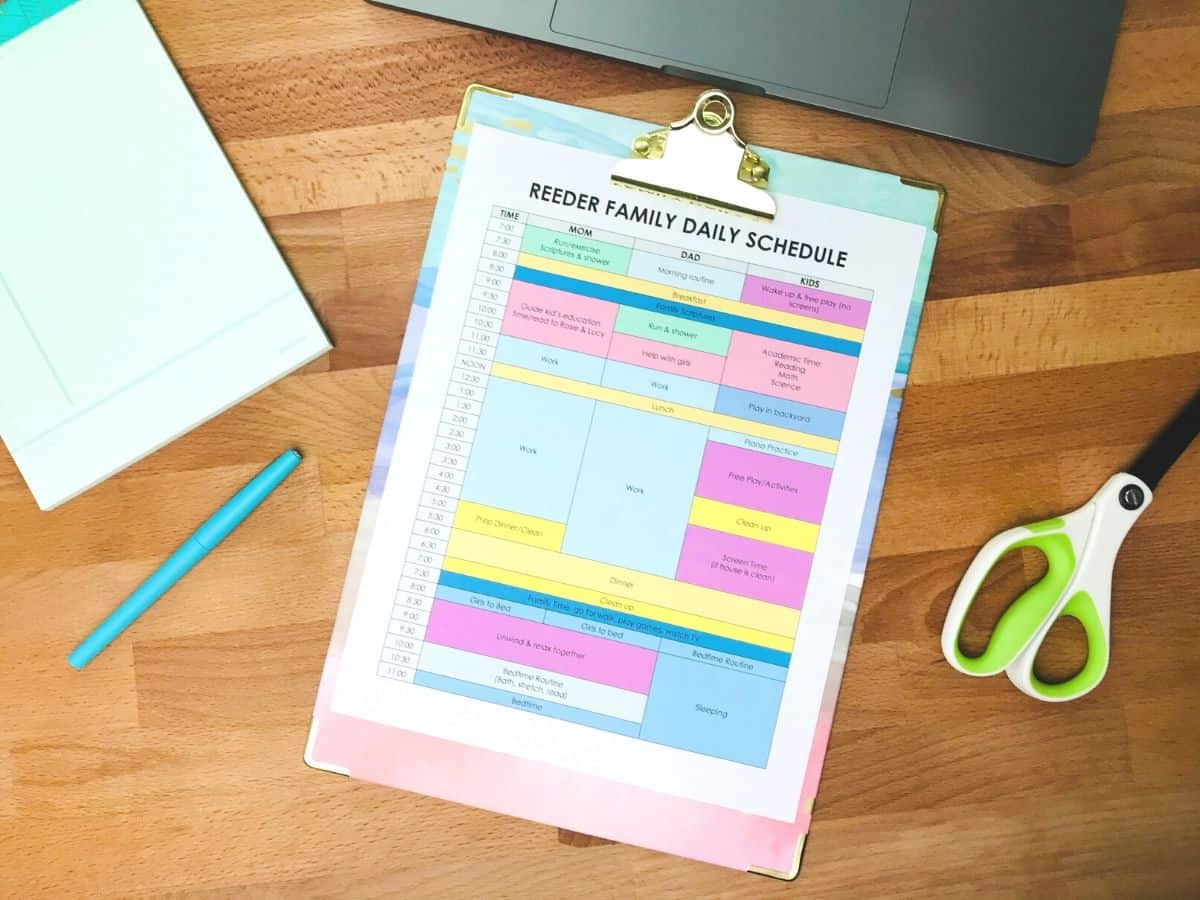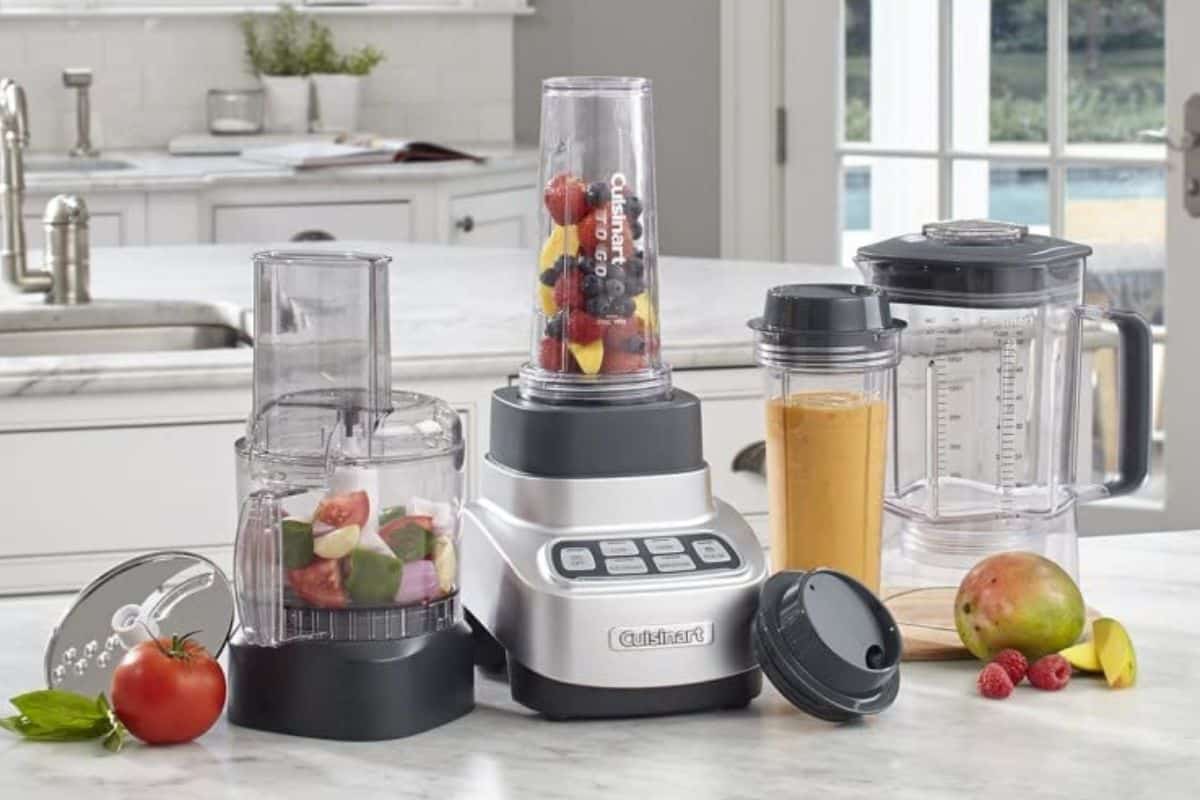Introduction
Photography is a beautiful and creative hobby that allows you to capture the world through your unique perspective. As a beginner photographer, the right choice of lenses can significantly impact the quality of your photos and your overall photography experience. This article aims to guide you through the process of selecting the best lenses for your needs and budget as a novice photographer.Understanding Basic Lens Types
Before diving into specific lens recommendations, it's crucial to understand the different types of lenses available. Here are the primary types of lenses you'll encounter:- Prime Lenses: These lenses have a fixed focal length, which means they don't zoom in or out. While they may lack versatility in terms of zooming, they often produce sharper images and are excellent for learning composition and framing.
- Zoom Lenses: Zoom lenses offer a variable focal length, allowing you to zoom in and out to capture a wide range of subjects. They are versatile and suitable for a variety of photography styles.
- Wide-Angle Lenses: Wide-angle lenses have a short focal length and are perfect for capturing expansive landscapes or tight interior spaces. They also create unique distortion effects when used creatively.
- Telephoto Lenses: Telephoto lenses have longer focal lengths and are ideal for capturing distant subjects, such as wildlife or sports events. They bring faraway objects closer.
- Macro Lenses: Macro lenses are designed for close-up photography, enabling you to capture intricate details of small subjects like flowers, insects, or product photography.
Recommended Lenses for Beginners
- Nifty Fifty (50mm f/1.8): A prime lens with a 50mm focal length and a wide aperture (f/1.8) is an excellent choice for beginners. It's budget-friendly, lightweight, and versatile for various photography styles. The wide aperture allows for beautiful background blur (bokeh) and performs well in low-light conditions.
- Kit Lens (18-55mm): Most entry-level DSLR and mirrorless cameras come with an 18-55mm zoom lens. These lenses offer a decent zoom range, making them suitable for everyday photography. They're great for learning and exploring various subjects and compositions.
- Telephoto Zoom (70-300mm): If you're interested in wildlife or sports photography, consider investing in a telephoto zoom lens. The 70-300mm range provides good flexibility and reach for capturing distant subjects.
- Wide-Angle Lens (10-22mm or 10-20mm): A wide-angle lens is an excellent choice for landscape, architectural, and interior photography. Look for a lens with a focal length around 10-22mm for APS-C cameras or 10-20mm for crop-sensor cameras.
- Macro Lens (60mm or 100mm): If you have a passion for capturing close-up details, a macro lens is a must. Options with focal lengths around 60mm or 100mm will allow you to explore the world of macro photography.
Considerations for Lens Selection
When choosing lenses as a beginner photographer, keep these factors in mind:- Camera Compatibility: Ensure the lens you choose is compatible with your camera's mount. Different camera brands have their own lens mounts, so check for compatibility.
- Budget: Photography can be an expensive hobby, so it's essential to set a budget. You can find quality lenses in various price ranges, so stick to what you're comfortable spending.
- Photography Style: Consider your areas of interest. If you love portraits, a prime lens with a wide aperture might be your top choice. If landscapes are your passion, a wide-angle lens is a better option.
- Portability and Weight: If you plan to take your camera and lenses on the go, consider the size and weight of the lenses. Lighter lenses can be more convenient for travel.
- Reviews and Recommendations: Read online reviews, seek advice from fellow photographers, and visit camera stores to get hands-on experience with lenses. This can help you make an informed decision.

